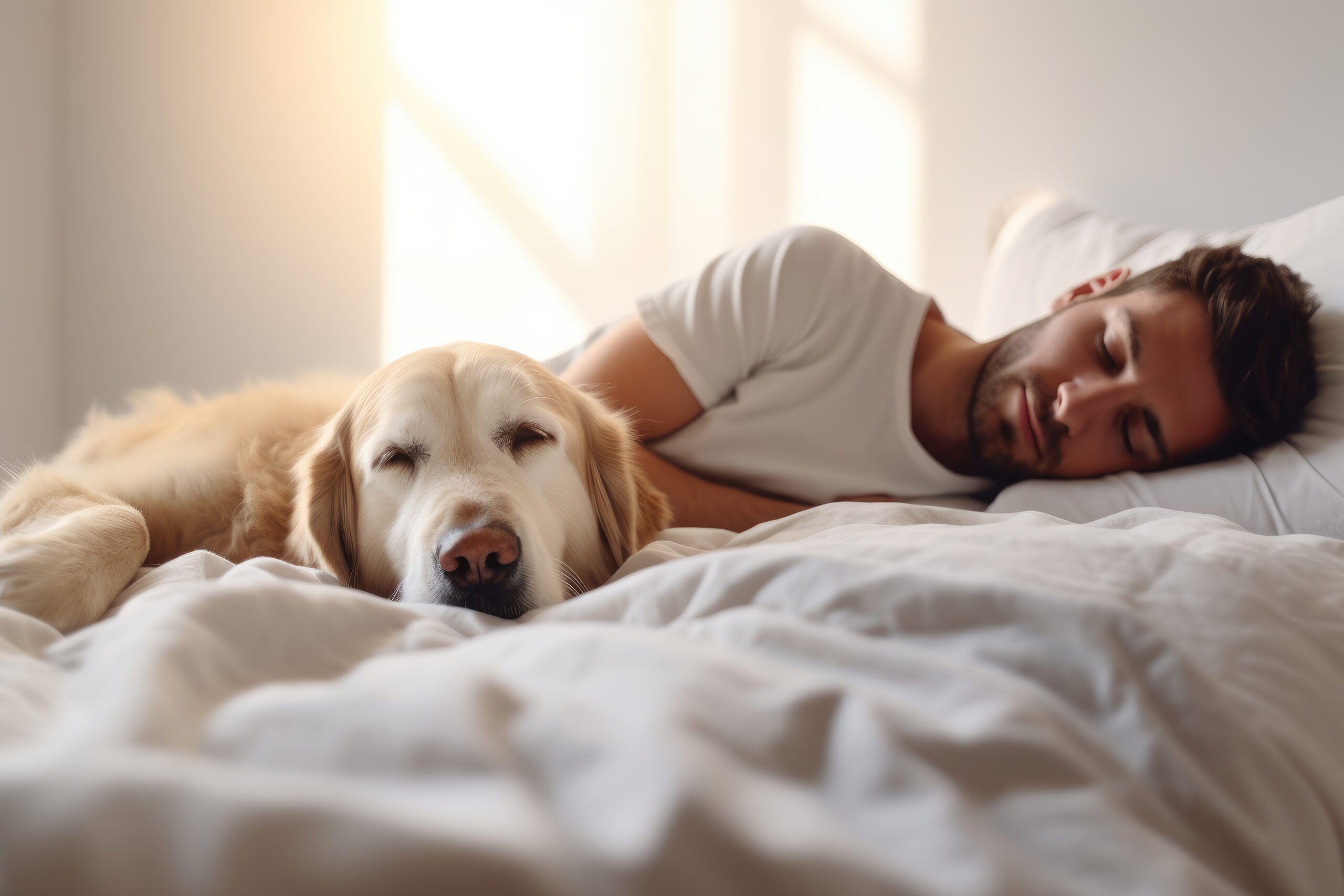Do you feel tired during the day? Are you a snorer? Are you carrying a bit of extra weight? If so, then this article may apply to you.
What is sleep apnoea?
Obstructive Sleep Apnoea (OSA) is a condition whereby those who suffer from it hold their breath at night while sleeping. It is not simply ‘snoring’, which is, of course, very common. People who suffer from OSA do often snore, too, however.
There are different degrees of severity, from mild to severe. It occurs when the soft tissues that keep the airway open relax when you fall asleep and consequently collapse in and block the airway.
Snoring occurs initially, and then the person eventually stops breathing during sleep. They are typically completely unaware of this fact. Very often, it is the person sharing a bed who is more aware; they may be aware of loud snoring, breath-holding, gasping or choking.
How do I know if I have sleep apnoea?
Most people who have OSA complain of daytime sleepiness. It may initially just be poor focus and low energy. Often, patients fall asleep while watching television, reading, or possibly even driving. A useful tool to measure the level of sleepiness is the Epworth Sleepiness Scale. A score of greater than 9 should prompt further testing.
Other common things patients with OSA complain of are:
- Snoring, gasping and choking during sleep
- Morning headaches
- Frequent waking during the night
- Frequent urination at night (nocturia)
How common is sleep apnoea, and who gets it?
Sleep apnoea is very common and very often not diagnosed. It predominantly affects males, but females and children can suffer from it too. Post menopause, the incidence between males and females is similar, but prior to this, it is predominately a male problem.
Aside from being male, other risk factors are:
- Older age: 6th to 7th decade of life
- Obesity: The greater the weight, the higher the risk.
Does it matter if I have sleep apnoea?
The short answer is YES, absolutely. OSA is linked to several significant medical problems. Some of these are:
- Drowsiness and falling asleep while driving
- Memory, cognition and inattention
- High blood pressure and heart disease, such as an irregular heartbeat
- Type 2 diabetes
What can I do about sleep apnoea?
If you think that you or your partner may have sleep apnoea, then the next step is to arrange a sleep study. These can either take place in a hospital environment or at home. Typically, unless it is unclear what is going on, then a home test is adequate. Patients are classified according to the severity of the altered breathing during sleep.
Once the diagnosis is made, the treatment is a mixture of lifestyle advice, sleep position advice, medication review and ultimately positive airway pressure (PAP) during the night to keep the airways from collapsing.
If you have questions or concerns regarding this topic, please arrange a review. You can book an appointment online here or call us on 0207 245 9333.
Article produced by Sloane Street Surgery, a private GP practice in London that provides world-class private healthcare for patients in Chelsea, Knightsbridge, Belgravia, West London, Hampshire, and beyond.




